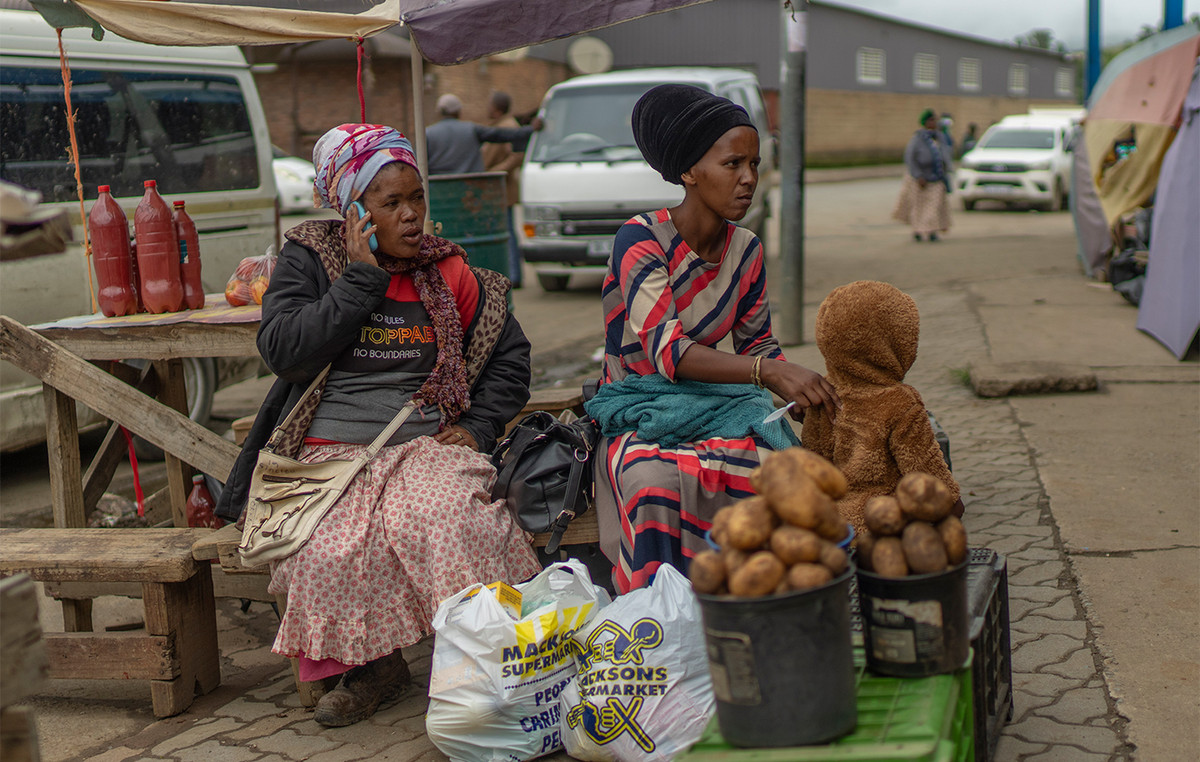THE respiratory syncytial virus (VSR ) currently appears as one of the main causes of respiratory tract infections among newborns and throughout the first months of life. In Brazil, the virus used to circulate more intensely in the fall and winter. However, since 2023, the country has seen an increase in the number of out-of-season childhood hospitalizations caused by the infection.
Infectologist and virologist Nancy Bellei, who works as a consultant for the Ministry of Health and the World Health Organization (WHO), warns that, in many cases, the virus is transmitted to newborns and young babies by school-age siblings.
“During the COVID-19 pandemic, everything was closed, and the burden of the disease decreased significantly. Then, when things reopened, people started getting reinfected again. We get reinfected with RSV throughout our lives.”
“We need passive strategies to protect these babies, who are more vulnerable to severe outcomes from the virus,” he said.
One of the promises, according to her, is the nirsevimab monoclonal antibody in injectable format and in a single dose, indicated for premature or full-term newborns and for babies up to 12 months old. Already authorized for use by the National Health Surveillance Agency (Anvisa), the medicine should arrive in the country in the coming days.
Initially, the proposal is that the monoclonal be given early in the baby’s first RSV season ê. Some health professionals, however, advocate that the drug be available throughout the year.
“We have almost a third of cases outside the so-called seasonality. In my opinion, the indication of the monoclonal vaccine should not be seasonal,” assessed the president of the Department of Infectology of the Brazilian Society of Pediatrics, Marco Aurélio Safadi.
“Another management is a specific Brazilian habit. When a baby is born, everyone who knows the mother goes there, as well as the father’s soccer friends. Everyone goes to visit the baby. They have a party at the maternity ward. And newborns are individuals who need a lot of protection. The best strategy for a disease that starts to be serious on the first day is passive immunization.”
Understand
Unlike a vaccine, which is classified as active immunization, a monoclonal antibody is classified as passive immunization because it already provides the patient with the defense they need. In practice, while a vaccine requires the body to react to produce antibodies, a monoclonal antibody is introduced into the body immediately and causes fewer adverse reactions.
*The reporter traveled at the invitation of the Brazilian Society of Immunizations (SBIm)
See also: Pulmonologist explains the effects of fires on the population’s health
This content was originally published in Newborn antibody shows promise in combating syncytial virus on the CNN Brasil website.
Source: CNN Brasil
I am an experienced journalist and writer with a career in the news industry. My focus is on covering Top News stories for World Stock Market, where I provide comprehensive analysis and commentary on markets around the world. I have expertise in writing both long-form articles and shorter pieces that deliver timely, relevant updates to readers.







